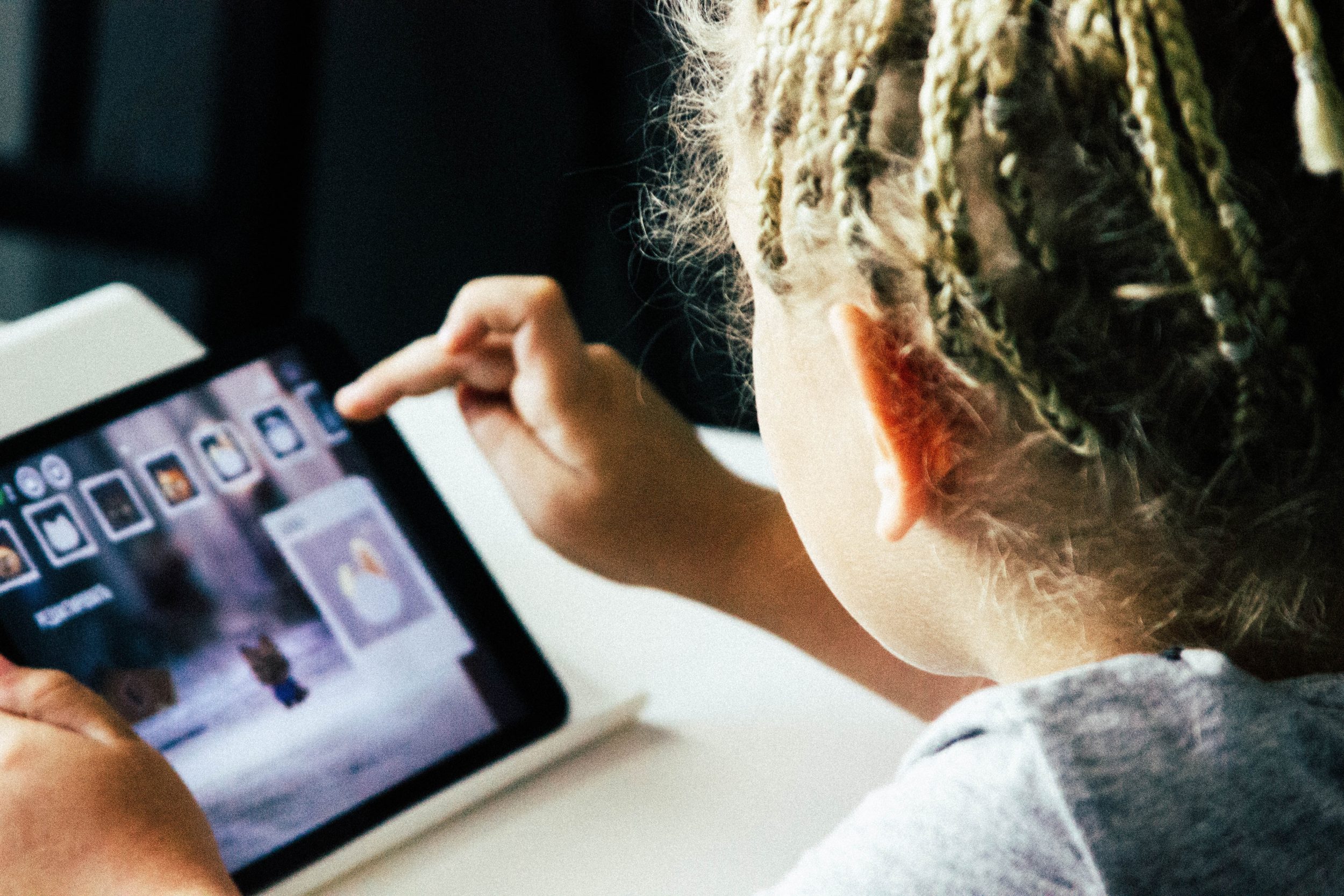To mark the LSE Department of Media and Communication’s number one ranking in the UK’s Research Excellence Framework, we take a look at the impact case studies which show the value of collaborating with international public policy organisations to maximise research impact.
The department selected three impact case studies to submit to the REF process, resulting in top grades for each. The case studies show how research can contribute to and shape change in the lives of public. They also exemplify the foundational aims and values of the department which include developing original research on the evolving digital landscape and its consequences for society so as to support international public organisations in delivering impact on policies and practices, with a particular focus on benefits for vulnerable and marginalized communities.
“We are very happy that our Department has been ranked 1st again in the REF. 96% of assessed publications were judged to be world-leading (4*) or internationally excellent (3*) and our impact and research environment world-leading. This represents an improvement on our result in 2014 and we are proud and humbled that all our hard work over the last 8 years was recognised by our peers.”
– Head of Department Professor Bart Cammaerts
Key users and beneficiaries of our research are public policy organisations in the UK and overseas: local and national government departments and regulators, regional bodies including the EU and intergovernmental agencies, third-sector and advocacy organisations concerned with social justice, industry bodies concerned with the strategic communications and journalistic professions, and information and communication technology companies. The three case studies take different approaches to meeting different challenges, but all demonstrate significant impact through working with influential international and European stakeholders, as detailed below.
Global Kids Online
Global Kids Online (GKO), a joint LSE/UNICEF project initiated by Professor Sonia Livingstone, has developed a global research toolkit for reliable and standardized national research on children’s internet use, with a child rights framing drawing on the UN Convention of the Rights of the Child. The project has surveyed over 25,000 children and their families in 15 countries and research in others is underway. It identified the opportunities and risks posed by digital technology to children, enabling governments to prioritise different policy actions as needed. GKO has led to improvements in thinking, policy and practices, as documented by independent evaluation of GKO’s research impact in 2018, and UNICEF and other international bodies regularly draw on GKO research for their international policy work.
The GKO research also informed a 2018 Council of Europe (CoE) recommendation on the rights of the child in the digital environment, the first international legal standard to set out national obligations and corporate responsibilities towards children regarding their rights in the digital environment. In 2020, the CoE’s impact evaluation found that 34 member states changed their legislation or policy to protect children in the digital environment. The International Telecommunication Union (ITU) drew heavily on GKO’s rights framing and findings when updating its international Child Online Protection guidelines for policymakers, industry, parents, educators and children worldwide in 2020.
Through her work on GKO, Professor Sonia Livingstone was appointed lead drafter for the UN Committee on the Rights of the Child’s General Comment 25 on children’s rights in the digital environment, which was adopted in February 2021. The General Comment clarifies what the digital environment means for children’s civil rights and freedoms, their rights to privacy, non-discrimination, protection, education, play and more.
From skills to outcomes
Professor Ellen Helsper’s research for the From Digital Skills to Tangible Outcomes (DiSTO) project has shifted the focus of digital inequalities research away from access to ICTs and acquisition of skills towards the ability of individuals to translate these into tangible outcomes that deliver real benefits to their lives. The DiSTO research network extends to over 30 countries and the digital skills measures and outcomes-based frameworks and tools developed by the research have radically changed the way that policies and interventions aiming to tackle inequalities are measured, designed and implemented, leading to wellbeing outcomes being valued in digital inclusion practices as well as socio-economic outcomes.
Looking at skills measurement, DiSTO informed the design and revisions and introduced outcomes-based indicators such as wellbeing and more equal participation into European Commission’s DigComp framework from 2016 onwards. The ITU also revised its Digital Skills framework in October 2018, based on DiSTO research. The new metrics, used by 113 national statistics offices, incorporation not only technical skills but also strategic and critical elements of digital literacy provision.
In terms of shifting institutional practices towards outcomes-based approaches, Professor Helsper’s research has informed a European Commission tool for designing and evaluating policies and interventions to improve digital inequalities. This tool made reducing inequalities the benchmark of success of interventions, rather than device acquisition and digital skills training seen as success in itself.
Regulating media power in democracies
Dr Damian Tambini’s work on the governance of mixed public-private media systems as a core institution of democratic legitimacy addresses how media policy can constrain media power without impacting media freedom during the current digital transformation. His research has impacted on three areas – regulation of online political campaigning, media plurality law and regulation, and platform governance – particularly through his involvement with the Council of Europe (CoE) as well as with UK policymakers.
Regarding online political campaigning, Dr Tambini was invited as an Independent Expert to prepare the CoE’s feasibility study on the internet and election campaigns, which argued, based on his research, for data protection law, campaign finance regulations and media law interventions to be combined in a holistic approach to reform. The 2017 report was cited by the Venice Commission in its 2018 report on disinformation, and led to the CoE announcing in July 2020 that it would prepare a new Recommendation on the internet and elections.
Dr Tambini also served as a member of the CoE’s Expert Group on Media Regulation and Plurality from 2015-18, where as rapporteur he drafted a series of reports and co-drafted Recommendations. His research informed a 2018 Recommendation on media plurality and transparency of media ownership, which recommended that the signatories of the CoE Convention legislate so that citizens know who owns news companies, including those who distribute online.
Embedding support for impact into our research infrastructure
“As a Department we’ve been working hard to create a collaborative research environment both internally – with collective projects that involve faculty, PhD researchers, MSc students and visiting scholars – and externally – especially with partners that range from international institutions all the way to grassroots organisations,”
– Research Director Professor Myria Georgiou
The Department of Media and Communications brings to multiple agendas a deep understanding of changes in the media and communication environment which shape and are shaped by complex socio-technical, political-economic, cultural and historical developments. Our research culture is enriched by the diverse activities of all Department staff, researchers, students and visiting fellows, and sustains a lively dialogue with stakeholders nationally and internationally. As a department, we have sought to ways to ensure our research engages with and benefits the wider world long before ‘impact’ was measured by the Research Evaluation Framework. Collectively, our research generates significant intervention in policy and practice with impacts on public debate, policy, industry and third sector agendas and practice. This is supported through a host of formal and informal processes to facilitate research impact from the initial conception of a research project through to its final results, including the work of the Media@LSE blog.
For more on LSE’s REF 2021 results, please see here.





